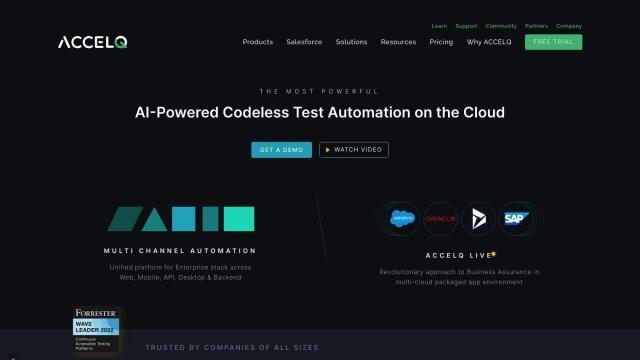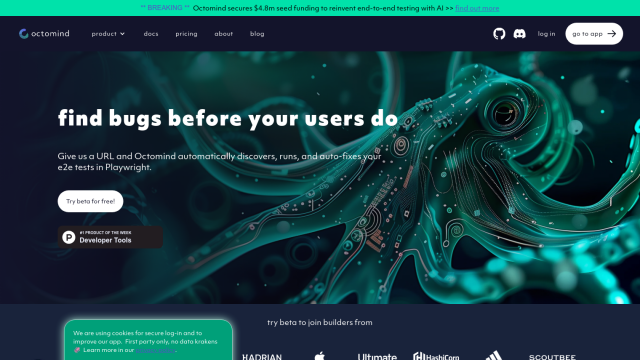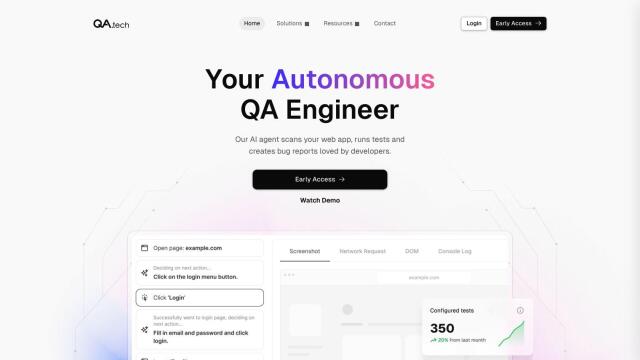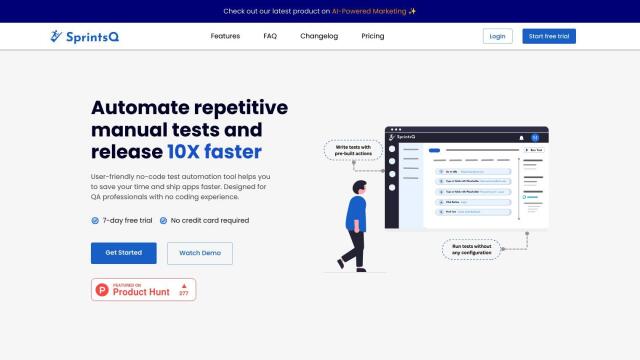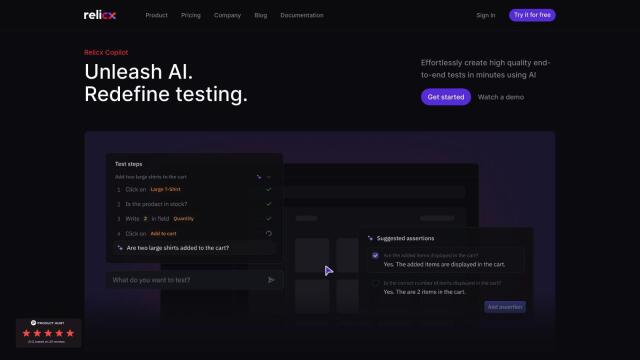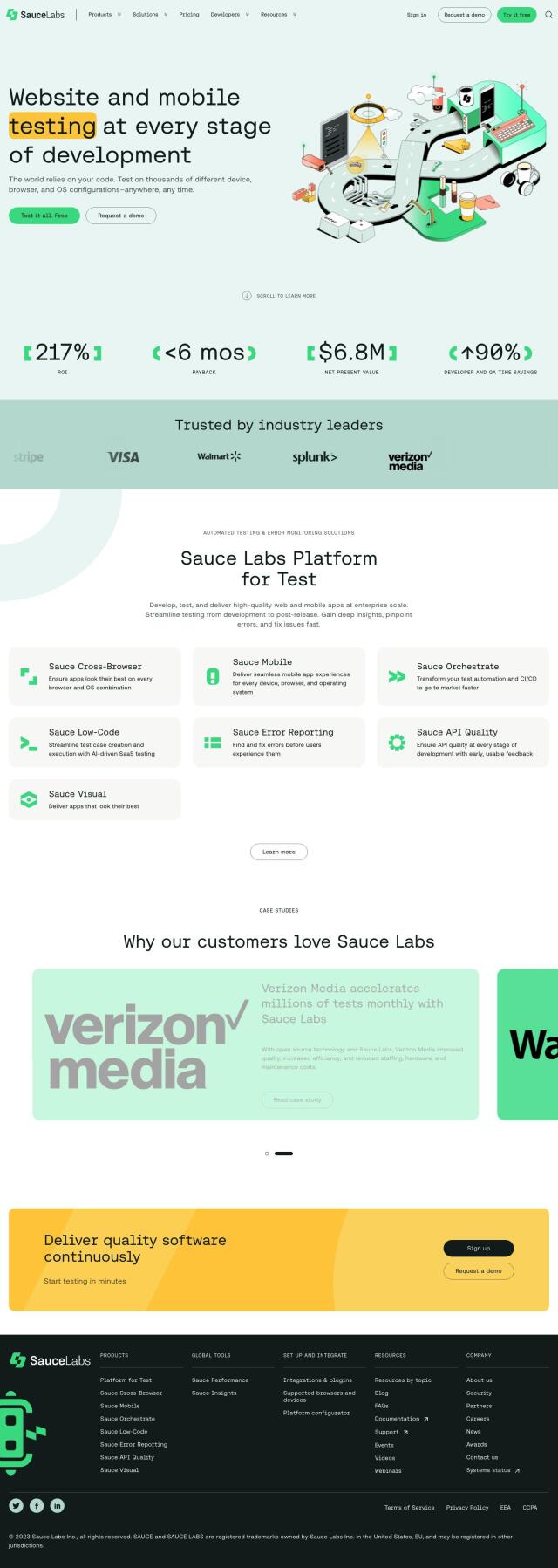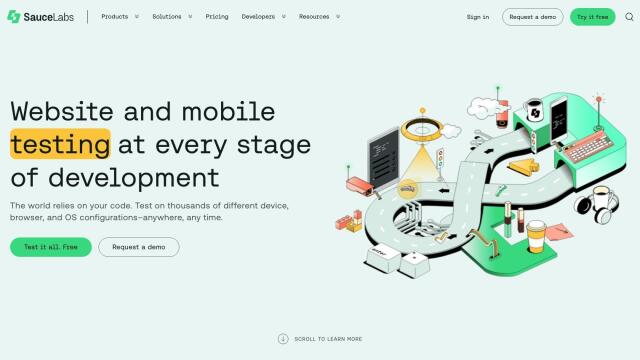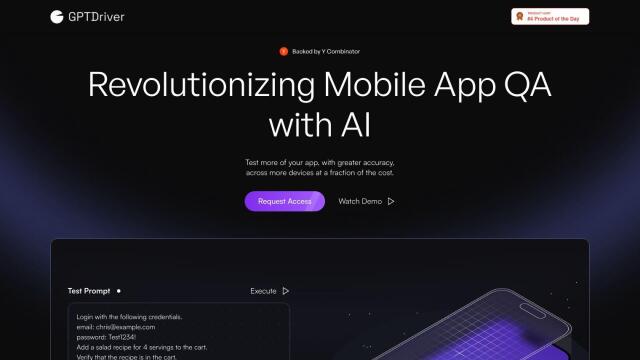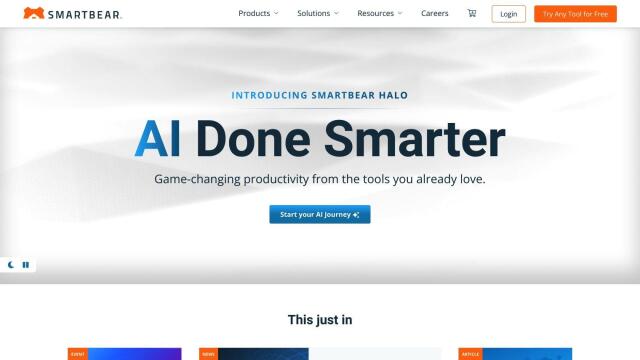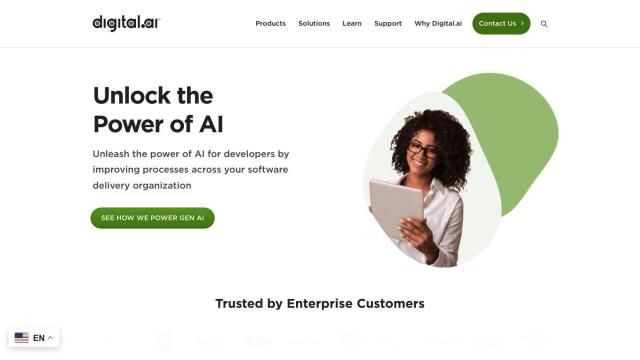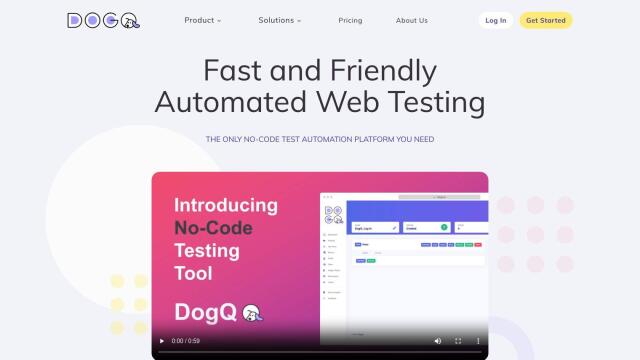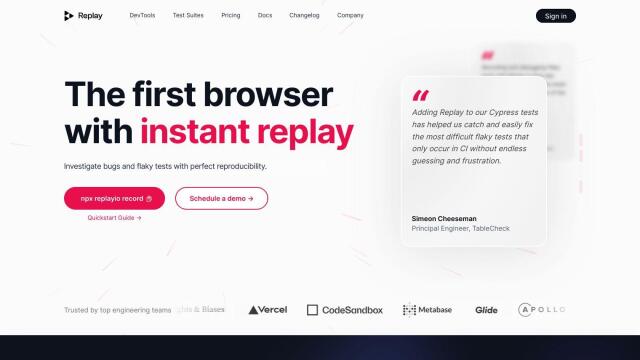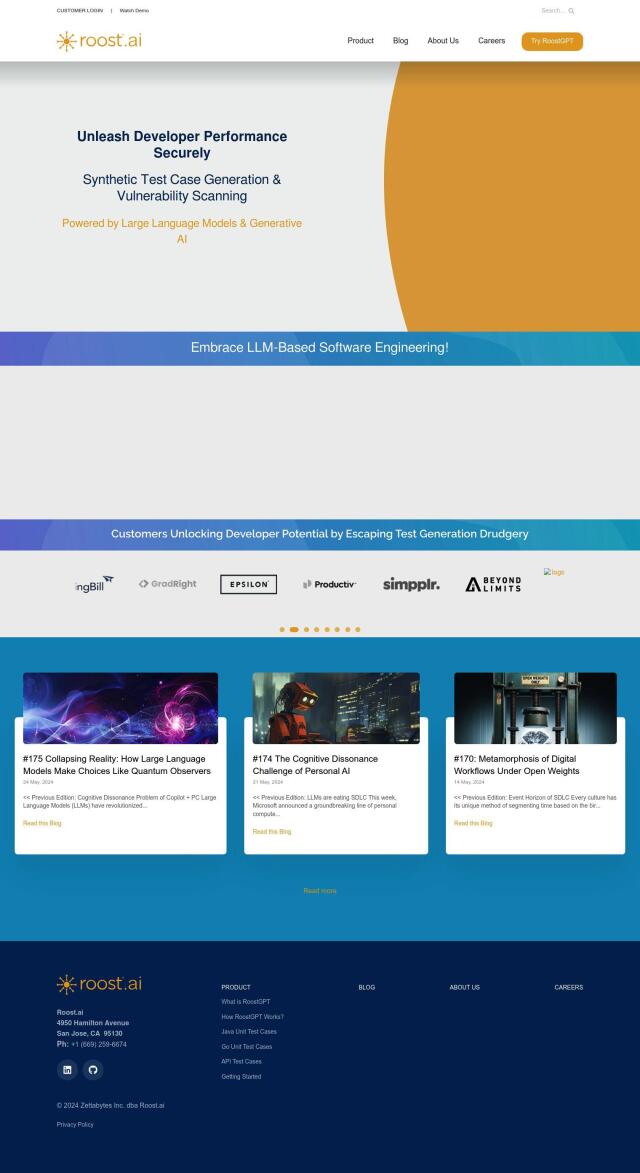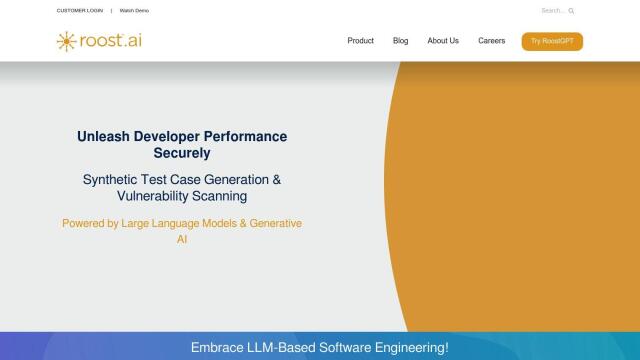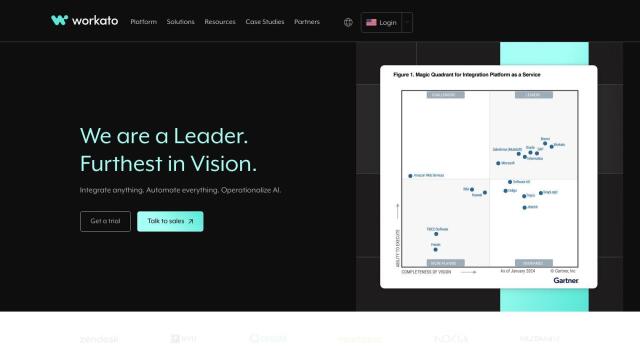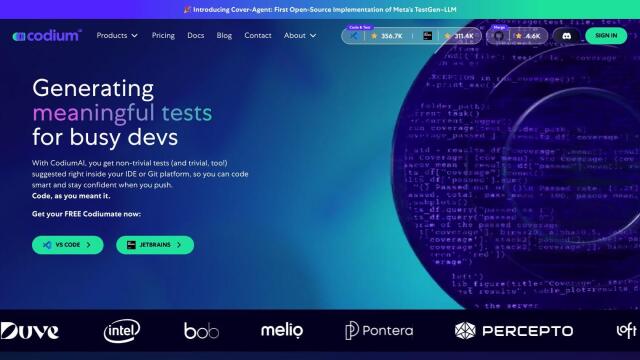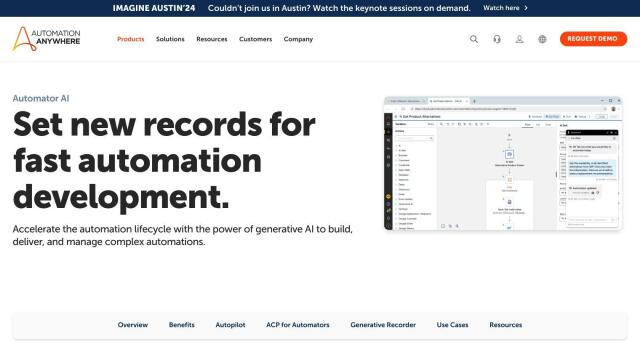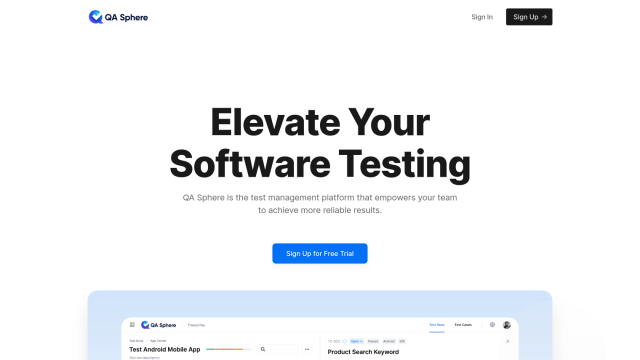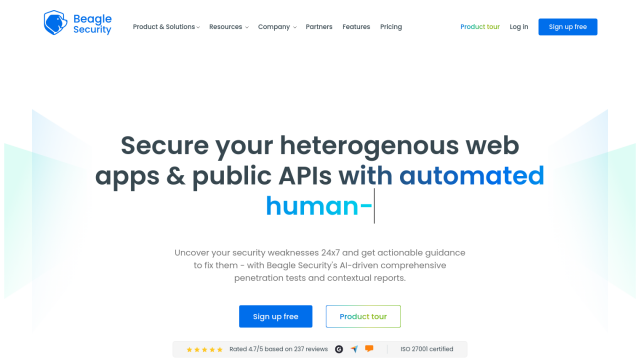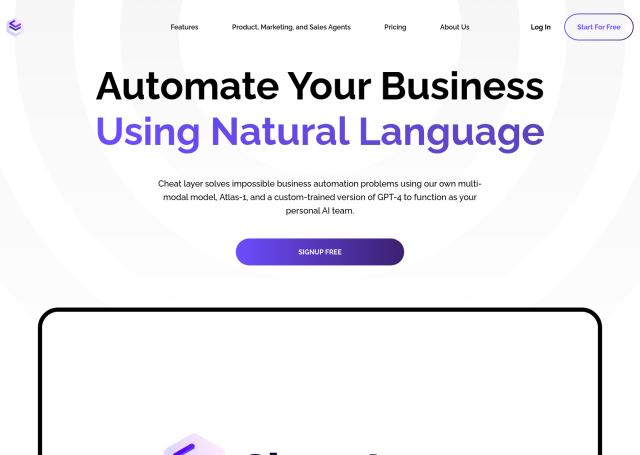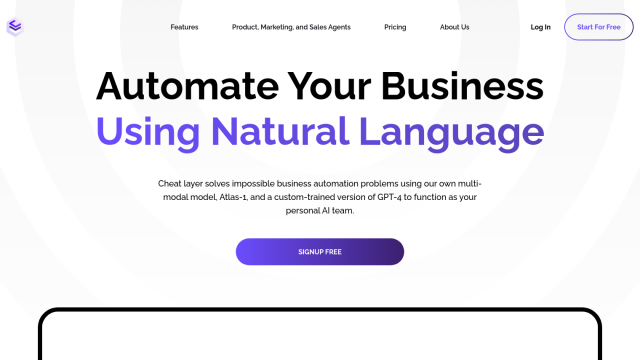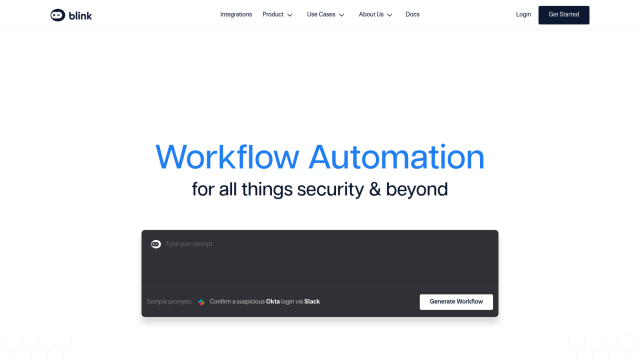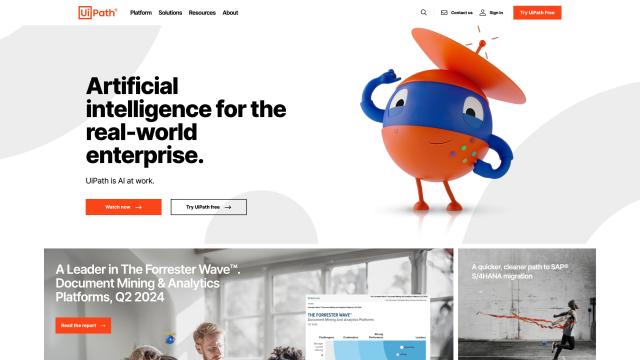
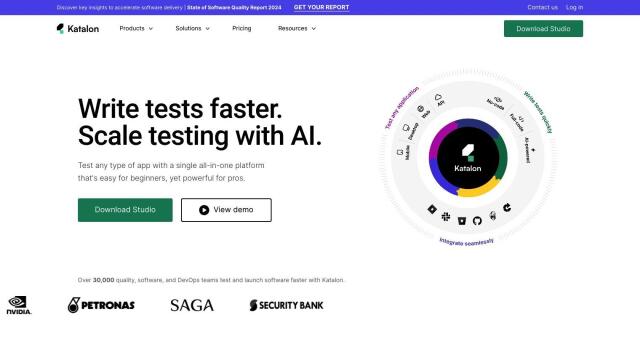
Katalon
If you're looking for another ACCELQ alternative, Katalon is a good choice. The platform offers end-to-end software quality management with a range of features, including no-code test recording and a flexible editor for rapid test creation. It supports testing for web, mobile, API, desktop and packaged applications and can be integrated with popular CI tools such as Jenkins, Azure DevOps and others. Katalon also offers AI-powered tools like TrueTest for regression testing and StudioAssist for automated code generation, making it a good option for accelerating testing and delivering better digital products.

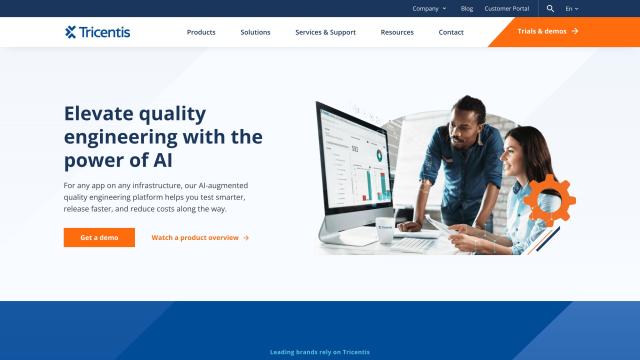
Tricentis
Another good alternative is Tricentis. The platform uses AI to accelerate software testing and to build testing into the delivery pipeline. It offers continuous testing of all applications, data and business processes, with modules for test automation, test management, performance testing and mobile testing. Tricentis also offers AI-powered generative assistants like Tricentis Copilot to boost QA and development team productivity, delivering faster test cycles and lower costs.

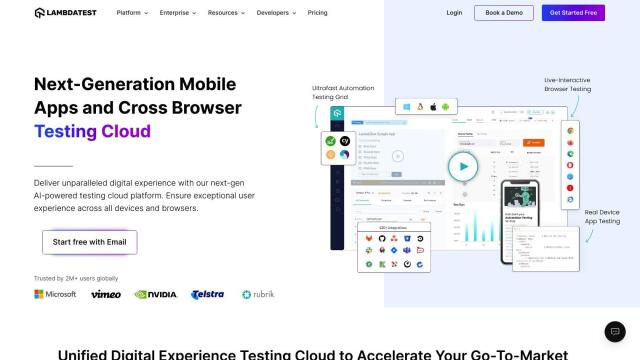
LambdaTest
You could also look at LambdaTest, an AI-powered testing cloud platform that lets you run manual and automated cross-browser tests on more than 3,000 real mobile and desktop browsers. It supports a variety of testing frameworks like Selenium, Cypress and Appium, and offers AI-powered test execution and orchestration. It's good for both SMBs and enterprises, with a range of options for mobile and web app testing.

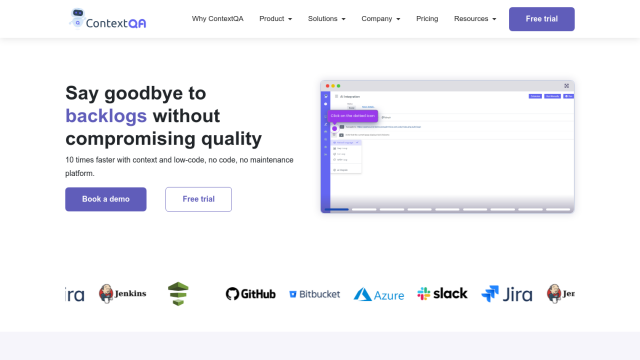
ContextQA
For automated software testing that focuses on mobile devices and performance, ContextQA is another good option. It uses machine learning algorithms and artificial intelligence to optimize performance and ensure a good user experience. ContextQA supports a range of testing types including UI, cross-browser and accessibility testing, and can be integrated with popular tools like Jira, Azure DevOps and GitHub. It offers tiered pricing and a 7-day free trial, so it's available to a range of customers.

